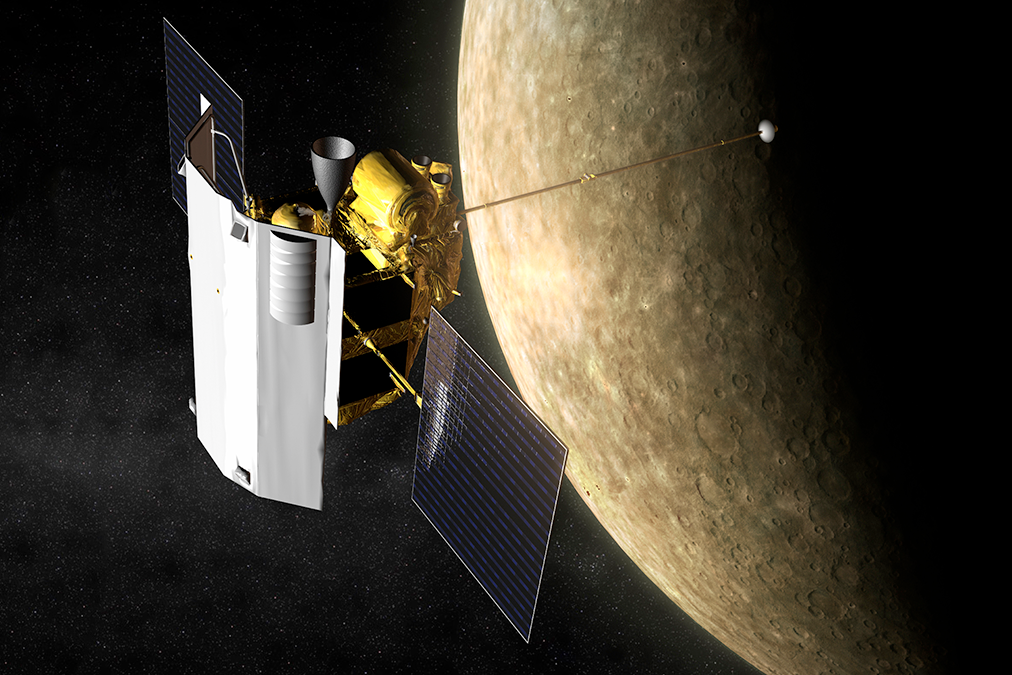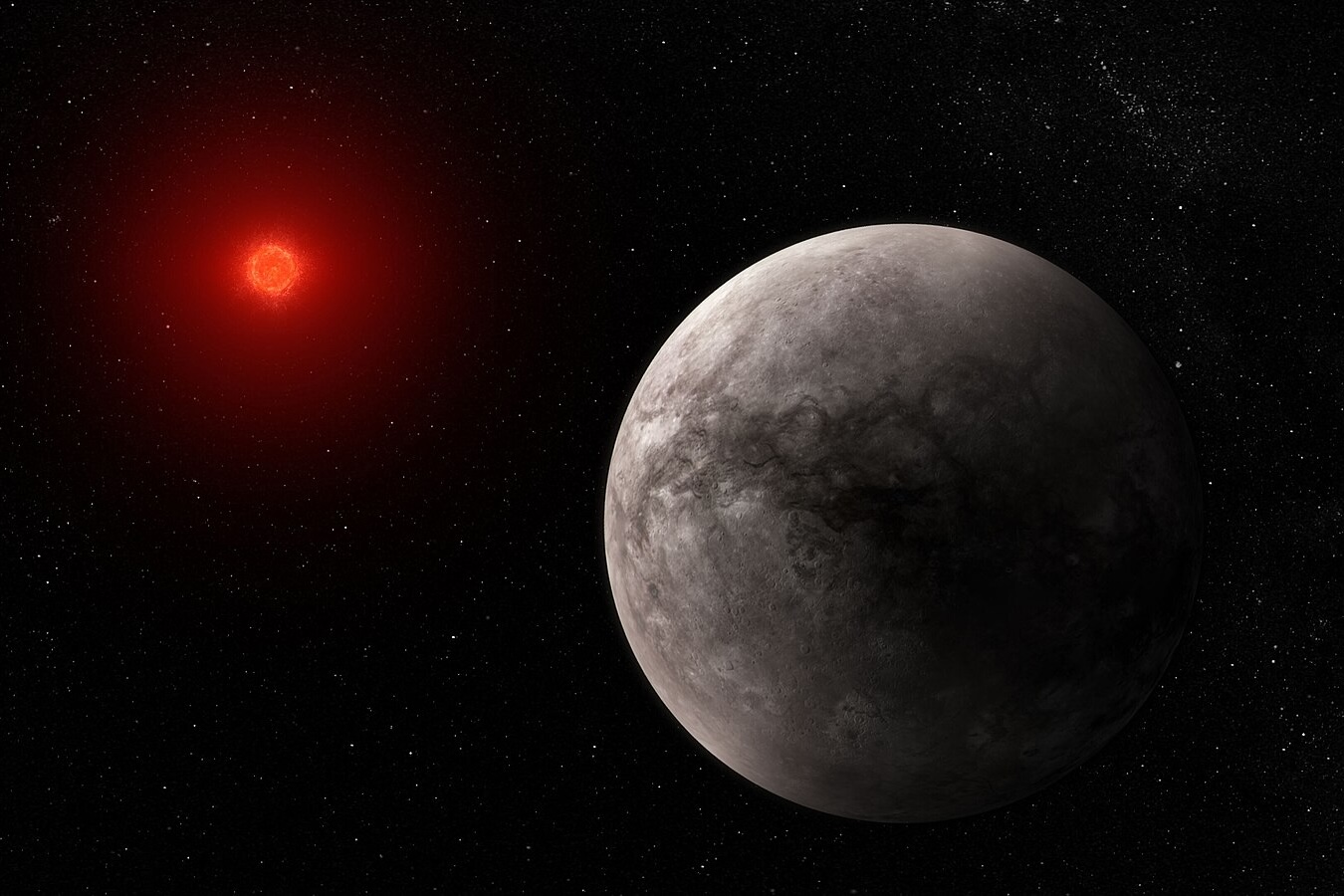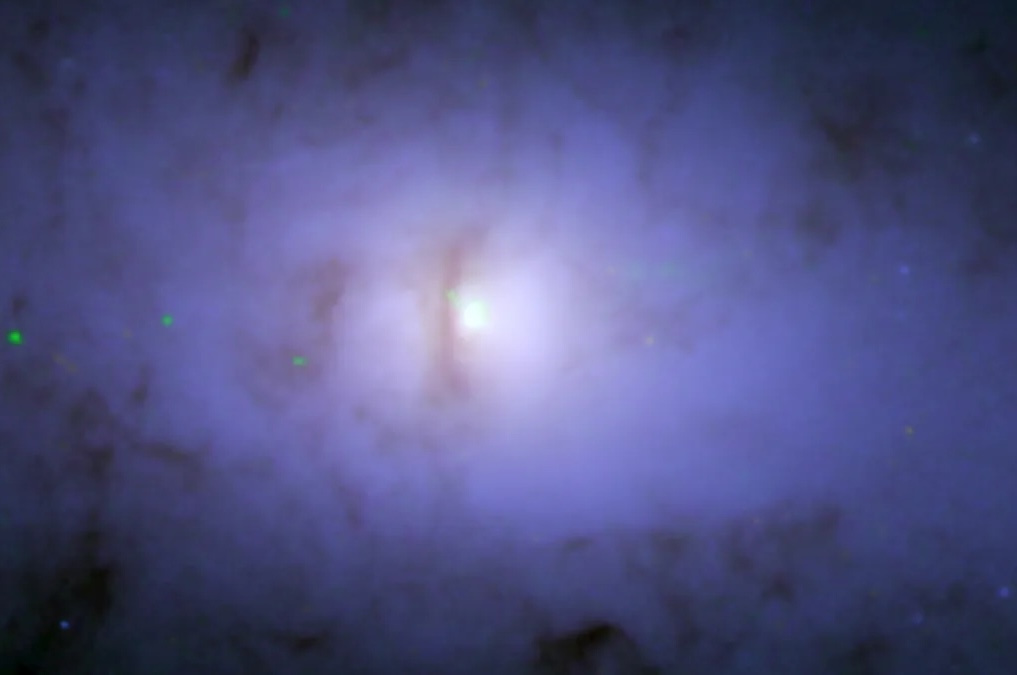In the journals JGR: Planets and JGR: Machine Learning and Computation, BAERI Research Scientist Ariel…
Dr. Barclay Named Director of the Kepler Guest Observer Office
Dr. Tom Barclay of BAER Institute is the newest Director of the Kepler and K2 Mission Guest Observer Office. NASA’s Kepler Mission uses a satellite to look for Earth-sized or smaller planets that, like Earth, are within the ‘habitable zone’. Launched in March 2009, the Kepler instrument simultaneously measures the variations in the brightness of more than 100,000 stars every 30 minutes, searching for the tiny “winks” in light output that happen when a planet passes in front of its star. The goal of the K2 mission, initiated in June 2014, and utilizing the same spacecraft as the Kepler mission, is to collect data to further understanding of planet formation, young stars, stellar activity, stellar structure and evolution, and extragalactic science. The scientific community is excited about the potential for scientific discoveries utilizing the groundbreaking data from these missions.
The Kepler Guest Observer Office, under the direction of Dr. Barclay, is responsible for identifying new areas of Kepler-driven research, working with NASA HQ to develop proposal calls and review proposals from the community. The Office also leads Kepler driven investigations and provides critical support to the community through the Kepler Science Center Help Desk to work with archival data. Through this prestigious post, Dr. Barclay and his team will also support development of open source community software to enhance output from Kepler datasets. Dr. Barclay was selected from a highly competitive field for his specialized skill set and significant scientific contributions. He is uniquely qualified to ensure the optimal use of Kepler data in order to advance discovery in the fields of planetary science and astronomy.
Previously, Dr. Barclay had served as a staff scientist in the Kepler Guest Observer Office, focusing on the far limits of detection with the spacecraft. In February 2013 he reported the discovery of the smallest exoplanet orbiting a main sequence star – Kepler-37b. He has published numerous scientific papers on his discoveries since joining the Kepler science team and is an active and respected member of the Kepler community. Dr. Barclay holds a B.S. degree in Physics and Astrophysics from the University of Leeds, an M.S. degree in Astronomy and Radio Astronomy from the University of Manchester, and a PhD in Astrophysics from University College London.
Congratulations Tom! We look forward to new discoveries from K2.
More information about the Kepler Science Center and Mission can be found at:



